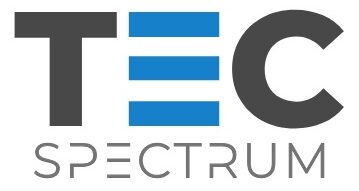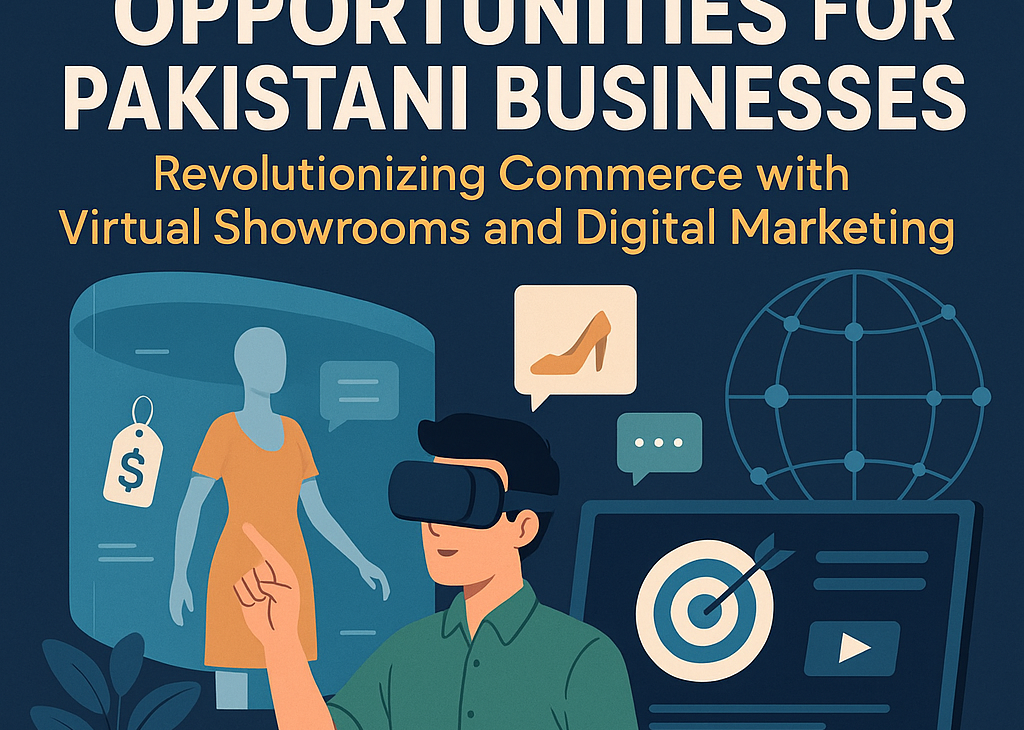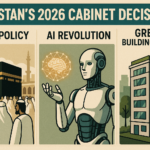The metaverse is transforming the way businesses operate worldwide, and Pakistan is no exception. For Pakistani entrepreneurs and companies, metaverse opportunities for Pakistani businesses offer a revolutionary way to connect with customers, showcase products, and compete globally without the limitations of physical location. But what exactly is the metaverse, and why should Pakistani businesses pay attention?
Understanding the Virtual Revolution
The metaverse is essentially a 3D version of the internet—a digital universe where users interact as avatars in immersive virtual environments. Imagine walking through a virtual store in Karachi, examining products in stunning detail, or attending a business meeting with clients from London, all from your smartphone or computer. Platforms like Meta’s Horizon Worlds, Microsoft Mesh, and blockchain-based worlds like Decentraland are making this a reality, enabling businesses to create virtual showrooms and engage customers in ways traditional websites cannot.
For Pakistani businesses, the metaverse is a game-changer. It allows small and medium enterprises (SMEs) to create interactive experiences that rival those of global brands, leveling the playing field. With Pakistan’s growing internet penetration (over 100 million internet users in 2025) and a tech-savvy youth population, the country is well-positioned to capitalize on this digital shift.
Pakistan’s Golden Opportunity
The global metaverse market is projected to reach $800 billion by 2030, according to industry reports from sources like Bloomberg. For Pakistani businesses, this presents a massive opportunity to tap into a rapidly growing market. Here’s why Pakistan is uniquely positioned:
- Cost Advantage: Pakistan offers competitive operational costs, making it an attractive hub for creating metaverse solutions.
- Tech Talent: With a growing pool of skilled developers and designers, Pakistan can build sophisticated virtual experiences.
- Strategic Location: Bridging time zones between East and West, Pakistani businesses can serve global clients efficiently.
For SMEs, the metaverse eliminates traditional barriers like high marketing costs or limited physical reach, allowing a small textile shop in Faisalabad to compete with international brands through creative virtual showrooms and digital marketing in the metaverse.
Virtual Showrooms: Bringing Products to Life in 3D
One of the most exciting metaverse opportunities for Pakistani businesses lies in virtual showrooms—immersive digital spaces where customers can explore products in detail, interact with them, and make informed purchase decisions.
Creating Immersive Product Experiences
Unlike static e-commerce websites, virtual showrooms allow customers to “walk” through a 3D environment, pick up products, and examine them from every angle. For example:
- A Lahore furniture manufacturer can create a virtual living room where customers place chairs and tables, adjust lighting, and see how furniture fits with their décor.
- A Karachi textile company can showcase fabrics with lifelike textures, letting customers “feel” silk or cotton through haptic feedback technology (available on advanced VR devices).
- A Peshawar jewelry designer can allow customers to try on virtual rings or necklaces, customizing designs in real-time.
These experiences build trust and confidence, addressing a key challenge in online shopping: the inability to physically interact with products. By incorporating Pakistan’s cultural heritage—think traditional motifs or local architectural elements—businesses can create memorable, authentic experiences that stand out globally.
Global Reach Without High Costs
Traditional international marketing, such as trade shows or overseas travel, is prohibitively expensive for many Pakistani SMEs. Virtual showrooms eliminate these costs while offering 24/7 global access. For instance:
- A Sialkot sports equipment manufacturer can host virtual trade shows, allowing buyers from Europe or North America to tour their facility and test products without leaving their offices.
- A Multan handicraft business can conduct live virtual workshops, teaching global customers about traditional techniques while showcasing their products.
This global reach is enhanced by real-time interaction. Pakistani businesses can guide virtual tours, answer questions instantly, and provide personalized demonstrations, creating a personal touch that converts visitors into customers.
Seamless Shopping Integration
Modern virtual showrooms integrate seamlessly with e-commerce platforms, allowing customers to explore products and complete purchases without leaving the virtual environment. For example:
- Clothing brands can offer virtual try-ons, where customers create avatars matching their body type to see how garments fit.
- Home décor businesses can use augmented reality (AR) to let customers place virtual furniture in their real homes via smartphone cameras.
These showrooms support local payment systems like JazzCash and Easypaisa, as well as international methods like PayPal, enabling Pakistani businesses to serve both domestic and global markets efficiently.
Also Read: 8 Innovative AR Companies to Watch in 2025
Digital Marketing in the Metaverse: Engaging Customers Like Never Before
Traditional digital marketing—think banner ads or social media posts—often feels intrusive. Digital marketing in the metaverse, however, invites customers into immersive experiences that foster emotional connections and brand loyalty.
Crafting Compelling Brand Stories
In the metaverse, marketing is about sharing experiences, not just selling products. Pakistani businesses can create virtual spaces that tell their brand story in engaging ways:
- A Pakistani food company could build a virtual kitchen where customers learn to cook biryani or karahi, purchase authentic spices, and connect with the brand’s heritage.
- A tech startup in Islamabad could create a virtual lab where visitors explore innovations, meet developers, and interact with software demos.
These experiences transform marketing from a one-way pitch into a two-way interaction, building trust and loyalty. By embedding cultural storytelling, Pakistani businesses can differentiate themselves in a crowded global market.
Building Vibrant Communities
The metaverse excels at community building, a powerful tool for customer retention. Pakistani businesses can create virtual spaces where customers connect over shared interests:
- A handicraft brand could host virtual workshops teaching traditional embroidery, fostering a community of enthusiasts who return regularly.
- A fashion retailer could organize virtual fashion shows or cultural events like virtual Eid celebrations, attracting both the Pakistani diaspora and international audiences.
These communities become self-sustaining, with members sharing their experiences and bringing in new customers, amplifying brand reach organically.
Personalized Customer Experiences
The metaverse offers unparalleled data insights, enabling personalized marketing. By tracking how customers navigate virtual spaces or interact with products, businesses can tailor experiences to individual preferences. For example:
- A returning customer might enter a virtual showroom where their avatar is dressed in their favorite style, with product recommendations based on past purchases.
- Virtual assistants can communicate in multiple languages, catering to diverse global audiences while maintaining a local touch.
This personalization enhances customer satisfaction, reduces churn, and drives repeat business, all while keeping operational costs low.
How Pakistani Industries Can Leverage the Metaverse
The metaverse opportunities for Pakistani businesses span multiple industries, each with unique applications to enhance competitiveness and customer engagement.
Textiles and Fashion: Showcasing Craftsmanship
Pakistan’s textile industry, a cornerstone of its economy, can use the metaverse to revolutionize global marketing:
- Virtual fashion shows allow designers to showcase collections to international buyers without the high costs of physical events.
- Fabric libraries let customers examine textures and quality in 3D, addressing the challenge of evaluating textiles online.
- Customizable virtual try-ons enable buyers to see how clothing fits their avatars, increasing purchase confidence.
By combining cultural authenticity with cutting-edge technology, Pakistani textile businesses can stand out in global markets.
Technology Services: Interactive Demonstrations
Pakistan’s growing tech sector can use the metaverse to showcase complex solutions intuitively:
- A software company can create a virtual warehouse where clients test inventory management systems in a simulated environment.
- IT service providers can build virtual offices to demonstrate remote work tools, fostering trust with international clients.
These hands-on experiences make abstract solutions tangible, helping Pakistani tech firms compete globally.
Tourism: Showcasing Pakistan’s Beauty
The metaverse offers Pakistan’s tourism industry a chance to attract global visitors:
- Virtual tours of sites like Lahore Fort or the Hunza Valley can serve as marketing tools and generate revenue from virtual visitors.
- Hotels can offer 3D property tours, allowing guests to explore rooms and amenities before booking.
These experiences position Pakistan as a must-visit destination while building trust with international travelers.
Getting Started: A Practical Guide for Pakistani Businesses
Ready to embrace the metaverse? Here’s a step-by-step guide to help Pakistani businesses get started.
Choosing the Right Platform
Selecting a metaverse platform depends on your business goals and audience:
- Meta’s Horizon Worlds: Ideal for large consumer audiences and social interactions.
- Decentraland: Suited for businesses interested in virtual real estate and blockchain-based commerce.
- Microsoft Mesh: Perfect for B2B applications and professional environments.
Consider accessibility for Pakistani customers, prioritizing platforms that work on smartphones and align with local internet infrastructure.
Building Your Technical Team
Implementing metaverse solutions requires skills in 3D modeling, virtual environment design, and platform-specific development. Options include:
- Partnering with local tech firms specializing in VR/AR.
- Hiring graduates from Pakistani universities offering VR and 3D design courses.
- Leveraging government initiatives like Digital Pakistan for training and funding.
Integrating Virtual and Physical Operations
To maximize impact, integrate metaverse efforts with existing systems:
- Connect virtual showrooms to your e-commerce platform for seamless purchases.
- Train staff to handle virtual customer interactions, ensuring consistent brand representation.
- Align virtual experiences with your overall business strategy for cohesive operations.
Overcoming Challenges
Infrastructure and Connectivity
Pakistan’s improving internet infrastructure still poses challenges. Optimize experiences with:
- Progressive loading to ensure functionality on slower connections.
- Mobile-optimized designs to cater to smartphone users.
Customer Adoption
Help customers embrace the metaverse with:
- Tutorials and guides explaining how to navigate virtual spaces.
- Marketing focused on practical benefits, like convenience and immersive experiences.
Legal Considerations
Stay compliant with:
- Data privacy regulations for virtual interactions.
- Cross-border commerce rules for international sales.
Consult legal experts to navigate these complexities.
The Future of Metaverse Opportunities for Pakistani Businesses
The metaverse is still evolving, but its potential for Pakistani businesses is immense. As virtual reality hardware becomes more affordable and 5G networks expand in Pakistan, virtual experiences will become more accessible. Artificial intelligence and blockchain will further enhance personalization and digital commerce, opening new revenue streams.
By investing early, Pakistani businesses can position themselves as leaders in emerging markets like virtual real estate and metaverse-native services. The global demand for innovative virtual solutions creates opportunities for Pakistani companies to offer specialized expertise to international clients.
Conclusion
The metaverse opportunities for Pakistani businesses are transforming how companies connect with customers, compete globally, and showcase their unique strengths. From virtual showrooms that bring products to life to digital marketing in the metaverse that fosters lasting customer relationships, this technology empowers Pakistani enterprises to overcome traditional barriers and thrive in a digital world.
By embracing the metaverse with strategic planning, cultural authenticity, and customer-focused design, Pakistani businesses can redefine their industries, whether in textiles, technology, tourism, or beyond. The time to act is now—early adopters will gain a competitive edge in this rapidly growing market.















